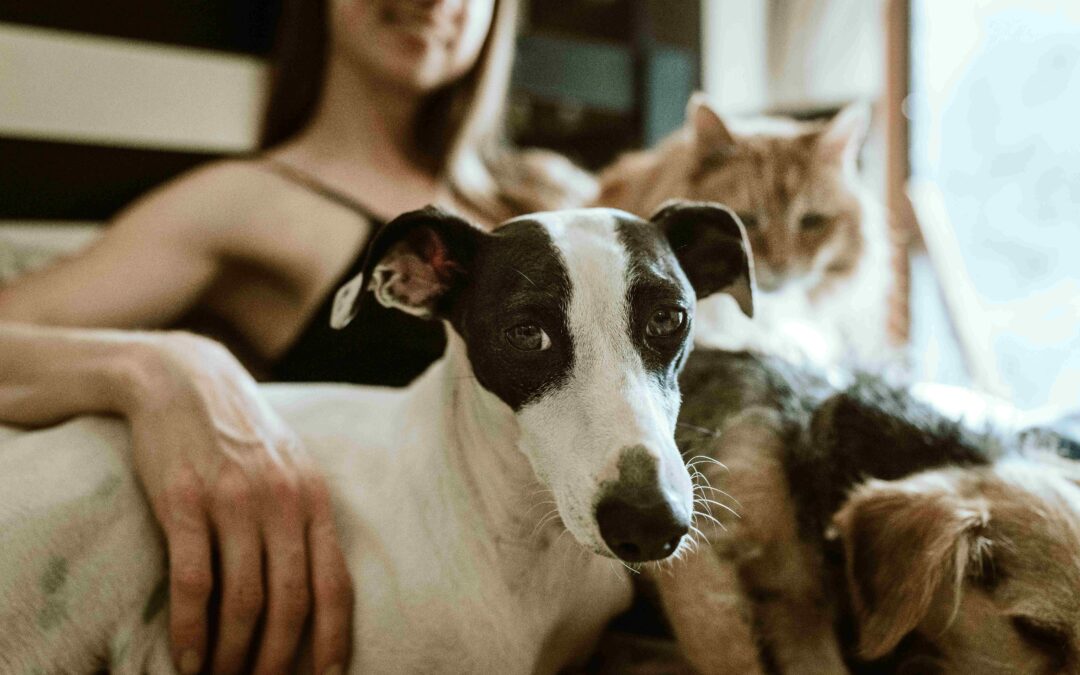Karl Lagerfeld is famously rumoured to have left a seven-figure sum to his cat, ‘Choupette’ when he died, but as a nation of animal lovers and almost two thirds of the population being pet owners, how many of us have considered our much-loved furry, feathered or finned family members if the worst were to happen?
It is important to note, The Administration of Estates Act 1925 defines domestic animals as “personal chattels” and as such pets are not considered ‘people’ and they cannot directly inherit assets – not even their favourite toy! Many of us forget the impact it would have on our animals’ or loved ones’ lives if we were no longer able to care for them.
The significant time, financial and emotional impact that a pet can have on someone’s life means it is important that they are considered and provided for, be that who you intend to care for them and how, or what provisions you intend to provide to those persons in order for them to care for your pet appropriately. Another consideration is the care for exotic, dangerous or higher maintenance pets. From scorpions to hedgehogs to horses, these more complicated pets have specific needs that many of those who we would choose to care for them simply do not possess or understand.
Fortunately, there are options available…
A will or lasting power of attorney provides an opportunity to consider your animals if you were to die or were no longer well enough to care for or make decisions in your (or your animals’) best interests. These documents allow you to allocate a trusted individual to be responsible for the decisions made for your pet’s care in a specific pet clause and offer peace of mind that suitable care will be provided for your animal’s wellbeing, should you be unable to do so yourself.
Additionally, an expression of wishes can be left to indicate particular care instructions for your pets, which can accompany gifts in wills to their designated carers or to accompany pet clauses in your will. A discretionary trust for the care of your pet can also be considered provided that you choose a final beneficiary for any remaining funds when the trust expires either if your pet passes away, or after its maximum 21-year limit; which may not be long enough for some animal lifespans!
When choosing who you wish to take guardianship of your pets, it is important to consider key factors such as their physical ability, financial circumstances and the suitability of the property they live in.
For those who are unable to leave pets to someone they trust, animal welfare charities such as the Blue Cross, RSPCA or local organisations such as Cheltenham Animal Shelter can offer a more certain future. Many charities such as The Cinnamon Trust also offer support for assisting the elderly or terminally ill to make arrangements for their pets.
If you would like advice and assistance in understanding how to accommodate for your pets in a will or lasting power of attorney, be sure to reach out to our Private Client Department for information on how we can help. Call 01242 801748 or www.franksmithandco.com
